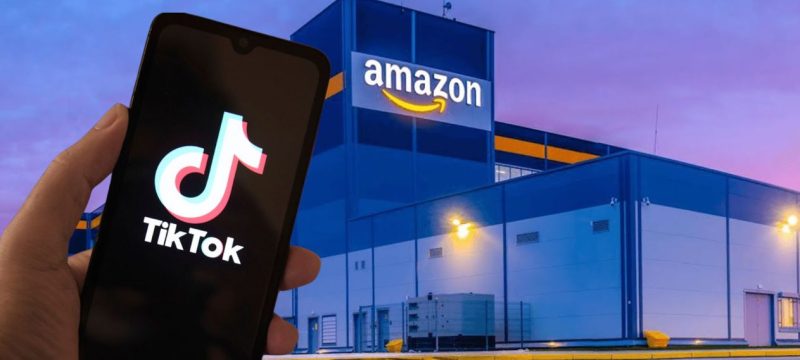As the deadline for a potential U.S. ban on TikTok approaches, Amazon has made a last-minute offer to acquire the popular platform. The bid, announced on Wednesday, comes just days before the Trump administration’s deadline of April 5, as the government pushes for a resolution.
A U.S. government official confirmed that Amazon sent a proposal in a letter addressed to Vice President JD Vance and Commerce Secretary Howard Lutnick, although neither Amazon nor TikTok has publicly commented on the offer. The Trump administration had set a hard deadline to determine TikTok’s future in the U.S.
Read more: Trump Considers Tariff Reductions to Secure TikTok Deal
The administration’s insistence on TikTok’s sale stems from national security concerns about its Chinese ownership. The U.S. has demanded that TikTok’s parent company, ByteDance, either sell the platform or face a ban. Although President Trump had previously delayed action on TikTok, pressure to sell has mounted as the deadline approaches.
Amazon’s bid is a significant development, as it enters the race to acquire TikTok’s U.S. operations along with other high-profile bidders. Among them are Oracle, which owns a 12.5% stake in TikTok Global, and various investment firms such as Blackstone. Other bidders include Frank McCourt’s consortium, which offered $20 billion, and another group led by Jesse Tinsley with a $30 billion offer. Wyoming entrepreneur Reid Rasner has made the largest offer at $47.5 billion.
TikTok faces growing concerns about its ability to protect U.S. user data, with allegations that it could potentially share sensitive information with the Chinese government. Despite TikTok’s denial of these accusations and the lack of concrete evidence, the debate continues, adding to the uncertainty surrounding its future in the U.S.
With the deadline fast approaching, Amazon’s bid adds another layer of complexity to the situation, and the ultimate decision will depend on ByteDance’s willingness to sell to a U.S. buyer and whether such a sale will address the security concerns raised by U.S. regulators.









